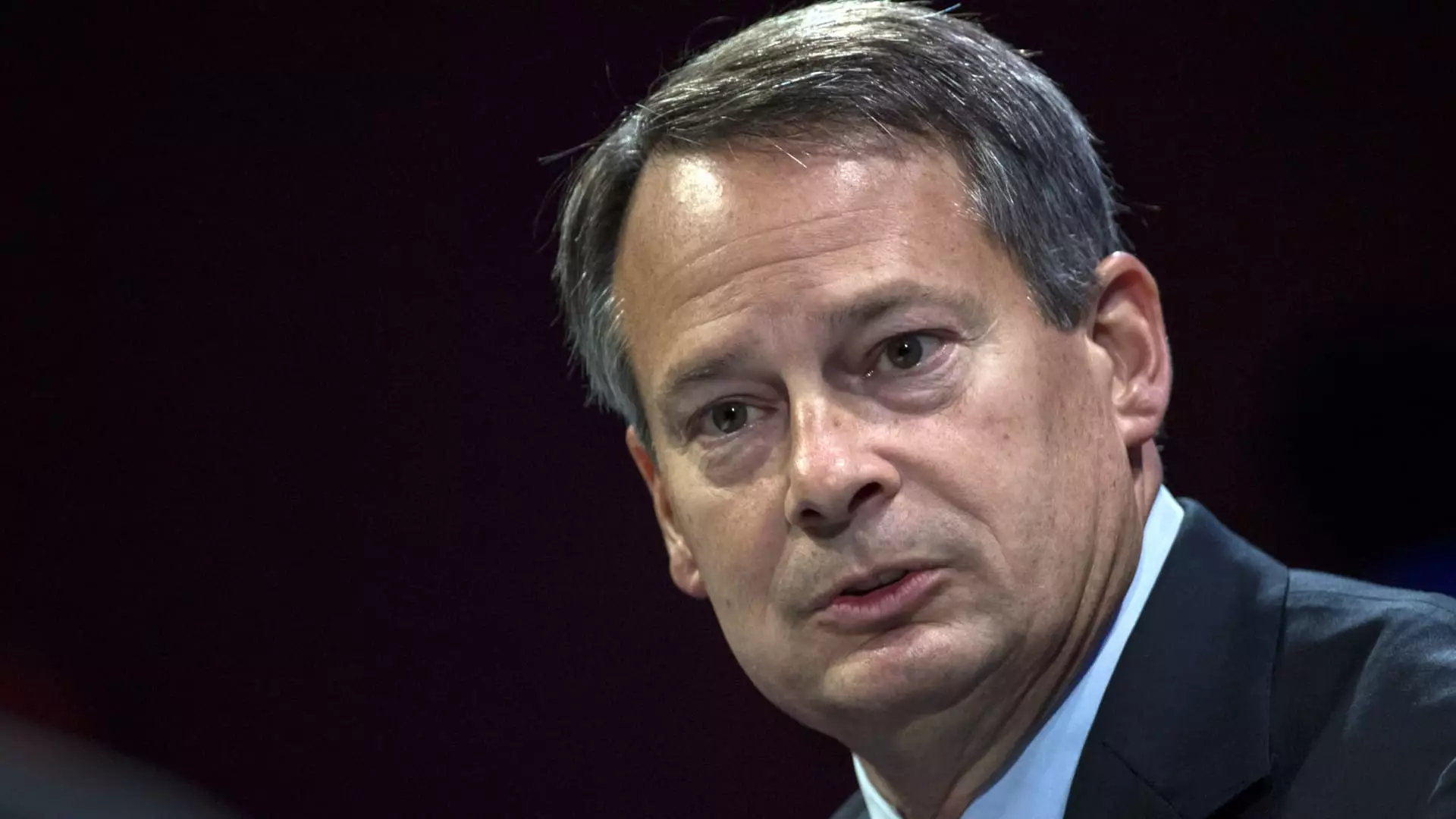Charles Schwab Corporation recently announced the retirement of Walt Bettinger, a pivotal figure who has steered the company for the past 16 years, effective at the end of December. Bettinger’s decision comes as he approaches his 65th birthday, marking a significant chapter in his career and the brokerage firm’s evolution. His long tenure has seen remarkable growth, but as he steps down, the company is poised for new leadership under Rick Wurster, the firm’s current president, who will take over on January 1, 2025. Not only will Bettinger vacate the CEO position, but he will also continue to play a vital role as co-chair of the board, ensuring continuity through this transition.
In a public statement, Bettinger expressed his confidence in Wurster’s capabilities, emphasizing a smooth transition facilitated by the Schwab Board’s strategic planning. This foresight is pivotal in maintaining stability within an evolving financial landscape. Wurster brings eight years of collaboration with Bettinger to the role and has indicated that Schwab’s strategic goals will remain uninterrupted. Wurster’s assurance that the company will continue to prioritize client satisfaction aligns with Schwab’s long-term objectives, suggesting a commitment to upholding the firm’s legacy while adapting to future challenges. This seamless transition exemplifies effective succession planning, which is critical for preserving company culture and operational integrity.
The tenure of Walt Bettinger has been marked by phenomenal growth. Since he took the helm in 2008, Schwab’s client assets skyrocketed from $1.14 trillion to an impressive $9.74 trillion, while brokerage accounts have surged from under 10 million to over 43 million. This period of expansion has been partly attributed to the strategic acquisition of TD Ameritrade in 2020, which bolstered Schwab’s market position. The successful integration of Ameritrade serves as a testament to Bettinger’s leadership skills and strategic vision. He acknowledged this achievement during a recent interview, noting that finalizing the integration process earlier this year provided a natural conclusion to his role as CEO.
Bettinger’s period of leadership has also been accompanied by significant stock performance. Since his appointment, Schwab’s stock has appreciated by approximately 150%, albeit with some recent underperformance relative to the broader market. This nuanced financial landscape poses challenges for Wurster and the incoming leadership team. Bettinger’s candid reflections on his entry during the financial crisis highlight the unpredictable nature of financial markets and the resilience required to navigate such environments. As Schwab moves forward, the new leadership faces the dual task of building upon the strong foundation laid by Bettinger while addressing current market realities.
As Charles Schwab prepares for this leadership transition, the emphasis on a stable, client-focused strategy is clear. Both Bettinger’s legacy and Wurster’s upcoming stewardship signify a committed continuity that Schwab’s clients and stakeholders can rely on. The company’s trajectory will largely depend on how well Wurster and his team can maintain the momentum established during Bettiner’s impactful tenure while innovatively responding to future market dynamics. As Schwab enters this new era, the financial community will undoubtedly be closely watching how these changes unfold and shape the future of one of the industry’s most respected firms.

